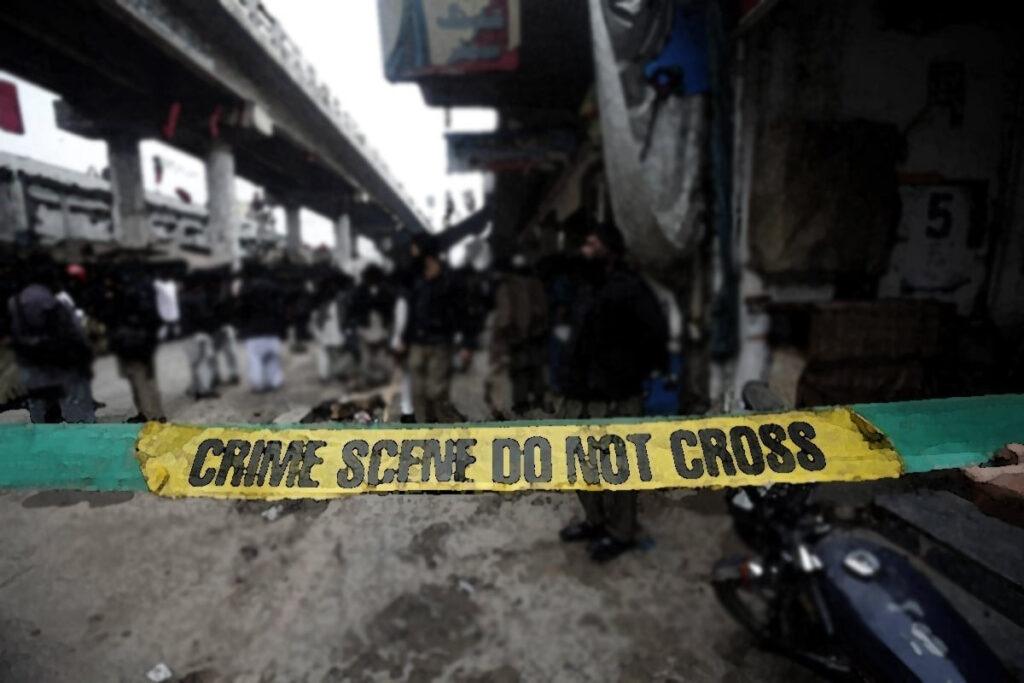Islamabad:
The National Security Committee (NSC), the country’s top civilian security policy decision making, did not even meet once in the past year and marked an unprecedented lapse in its function, according to the annual performance review issued by the Pakistan Institute of Legislative Development and Transparency (Pildat).
The annual performance evaluation of NSC performed by Pildat for the time frame from March 5, 2024 to March 4, 2025, highlights a disturbing trend in the management structure.
NSC was established in 2013 and did not convene a single meeting all year old-where they became 2024-25 for the first time in history that the committee remained completely inactive.
While the federal cabinet meets regularly, there was also no indication that the Cabinet Committee for Defense providing such a forum before the creation of NSC has been omperationalized.
The report noted that former Prime Minister Nawaz Sharif, during his tenure of 2013-17, called only eight NSC meetings, while Shahid Khaqan Abbasi-I during his term of office in August 2017-May 2018-Gedet frequency on average almost 10 meetings a year.
Imran Khan – Prime Minister from 2018 to 2022 – average about three NSC meetings annually, while Shearif Sharif in his previous period from 2022 to 2023 called on average five a year.
However, in the past year (2024) of the current PML-N-led coalition government, which took office in March 2024, NSC has not met once.
The absence of NSC meetings is also reflected in the government’s response to security events. Instead of summoning the NSC, the government seems to have been dependent on military-led forums such as Corps Commander’s Conference and the Apex Committee for the National Action Plan.
This has further sidelined NSC’s role in structured decision -making, the report noted.
The report pointed out that another critical concern was the continued absence of a national security adviser (NSA), leaving a strategic vacuum in Pakistan’s security policy framework.
In contrast, countries with established national security mechanisms, such as the United Kingdom, regular NSC meetings, often ensure on a weekly basis, to proactively manage security risks.
“Pildat believes that Pakistan’s lack of an institutionalized national security method weakens democratic supervision and limits the country’s ability to respond effectively to security threats through structured consultations.”



